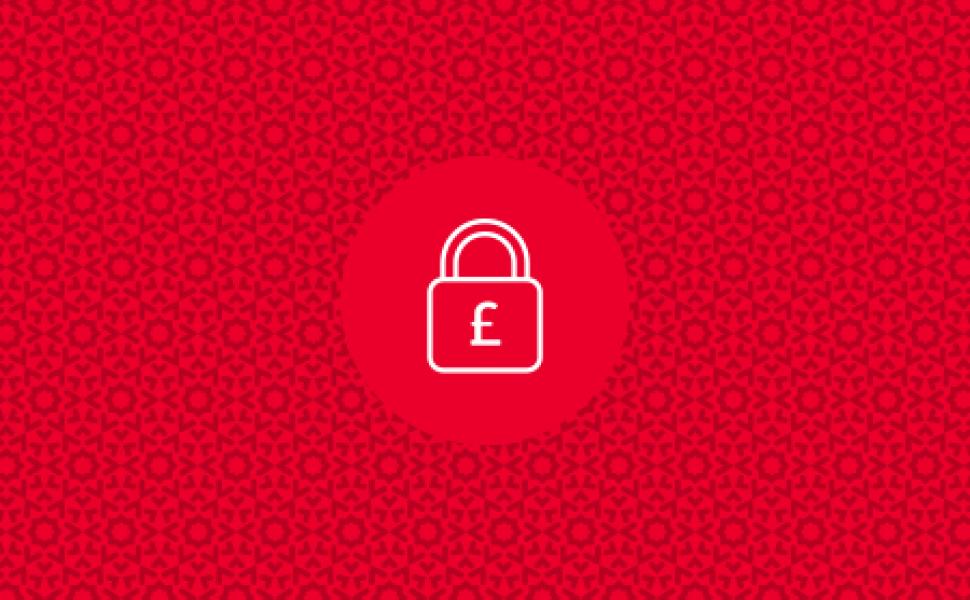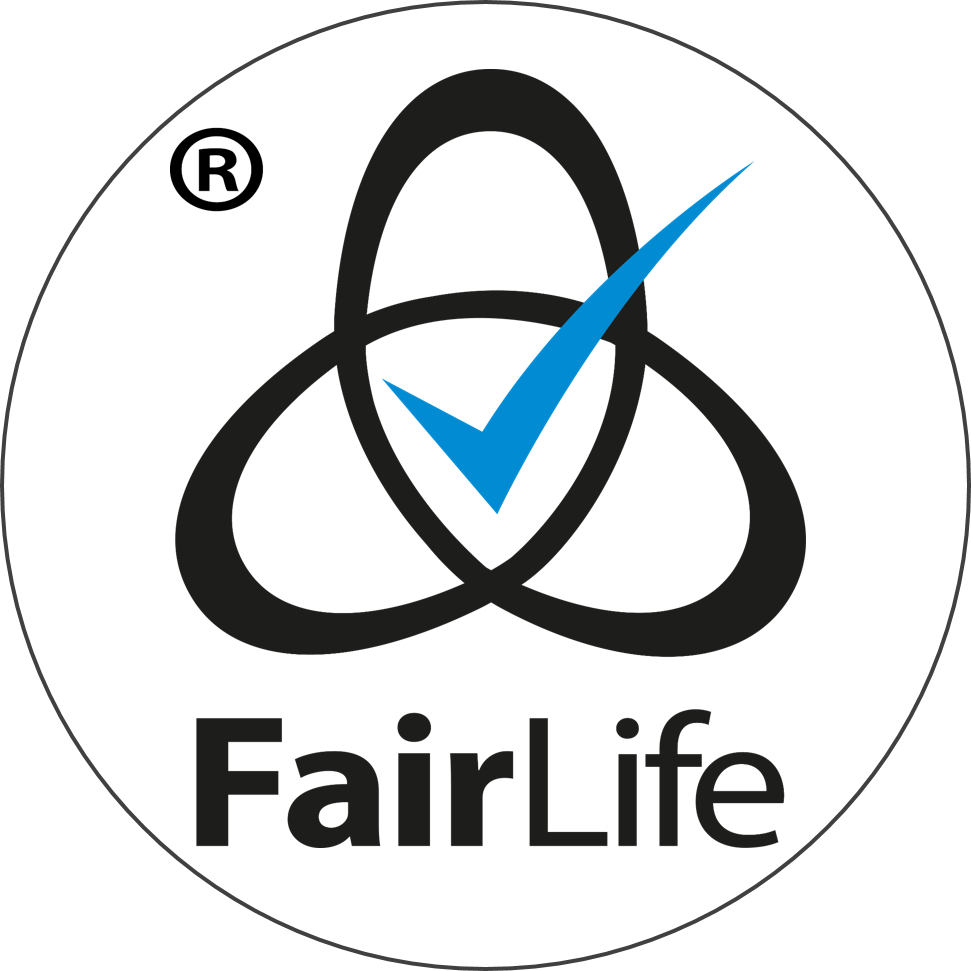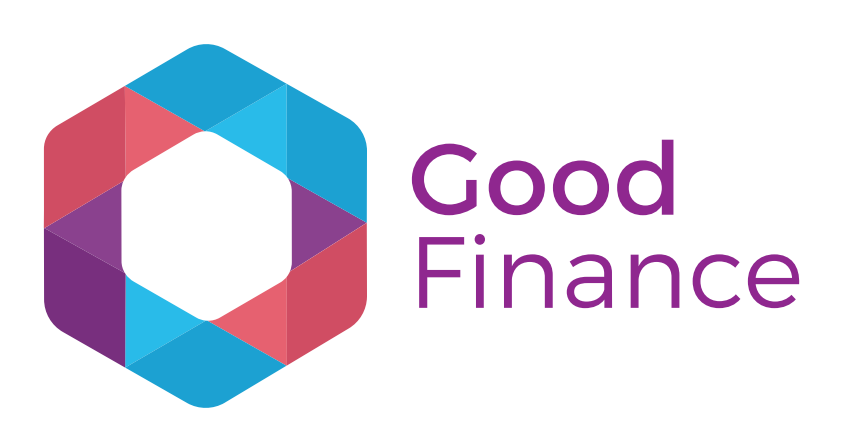
Avoid Coronavirus scams
A major event like Coronavirus can initiate new types of scam activity. You may have already seen reports of fraudulent activity around the sale of face masks and hand sanitiser.
When it comes to financial services, the scam activity is more nuanced and often appears after the initial shock of a major event. With that in mind, we are urging consumers to be vigilant for scams that could appear over the coming months.
Scammers are sophisticated, opportunistic and will try to get personal details or money from victims in many ways. They tend to target people who are more vulnerable or susceptible to being scammed, particularly in the current climate with many more people being at home.
Please be aware of fraudulent websites purporting to be our website.
Please do not enter any details or make contact with anyone relating to those websites.
To find out if the website you are viewing is legitimate, Google the website’s name and review the results. If the site is illegitimate, a quick Google check will be enough to inform you accordingly. Also, look at the website itself to see if it connects securely over https and displays a tiny padlock icon in the address bar.
For security, please ensure that you are always on this domain www.reliancebankltd.com or www.digital.reliancebankltd.com when using our banking services. If you suspect that you are on a ‘fake” domain, please contact Reliance Bank on 020 7398 5400.
Reliance Bank Ltd is registered with Companies House as Reliance Bank Limited. All rights reserved. Registered in England. Registration number 68835.
Reliance Bank Limited is authorised by the Prudential Regulation Authority and regulated by the Financial Conduct Authority and the Prudential Regulation Authority.
What tactics to look out for
- Exploiting short-term financial concerns, scammers may ask you to hand over an upfront fee – usually between £25 and £450 – when applying for a loan or credit that you never get. This is known as loan fee fraud or advance fee fraud.
- ‘Good cause’ scams. This is where investment is sought for good causes such as the production of sanitiser, manufacture of personal protection equipment (PPE) or new drugs to treat coronavirus – with scammers using the promise of high returns to entice consumers.
- Using the uncertainty around stockmarkets, scammers may advise you to invest or transfer existing investments into non-standard investments.
- Clone firms – firms must be authorised by us to sell, promote, or advise on the sale of insurance products. Some scammers will claim to represent authorised firms to appear genuine. In particular, be aware of life insurance firms that may be cloned.
- Scammers may contact you claiming to be from a Claims Management Company (CMC), insurance company or your credit card provider. They may say they can help you recuperate losses by submitting a claim, for the cost of a holiday or event such as a wedding cancelled due to coronavirus. They will ask you to send them some money or your bank details.
- Cold calls, emails, texts or WhatsApp messages stating that your bank is in trouble due to the coronavirus crisis, and pushing you to transfer your money to a new bank with alternative banking details.
How to protect yourself
- Use the Financial Services Register and Warning List to check who you are dealing with.
- Reject offers that come out of the blue.
- Beware of adverts on social media channels and paid for/sponsored adverts online.
- Do not click links or open emails from senders you don’t already know.
- Avoid being rushed or pressured into making a decision.
- If a firm calls you unexpectedly, use the contact details on the Register to check that you’re dealing with the genuine firm.
- Do not give out your personal details (bank details, address, existing insurance/pensions/investment details) to anyone you do not know.






